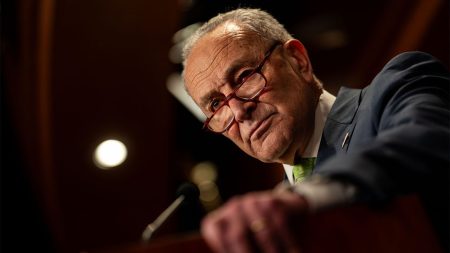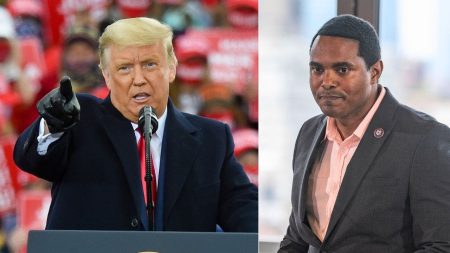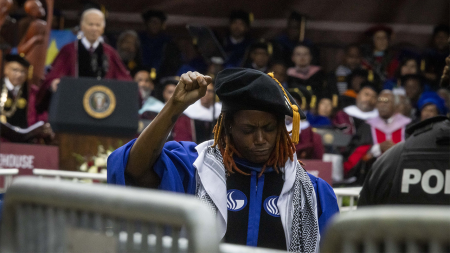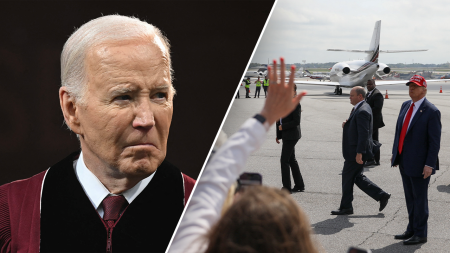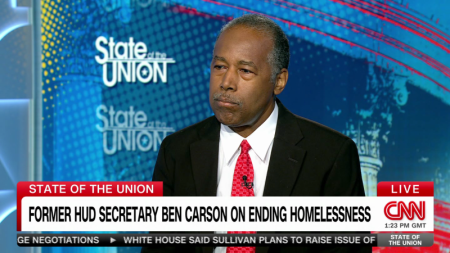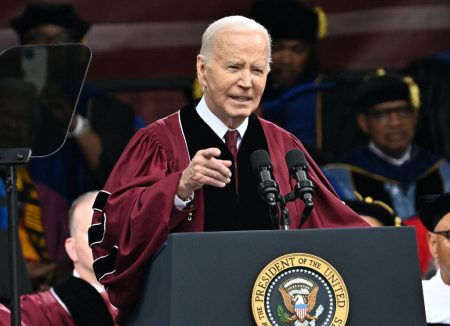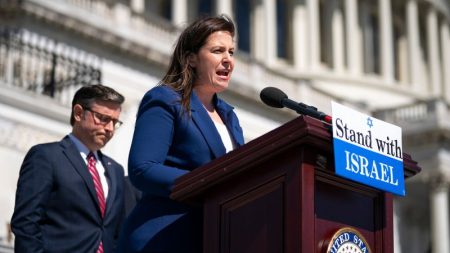Former President Donald Trump has been making false claims about the New York civil fraud case he lost, particularly asserting that an appeals court ruled in his favor when that was not the case. Despite the ruling excluding his daughter Ivanka Trump as a defendant, it did not dismiss the attorney general’s claims against Trump, his adult sons, or his company. The appeals court set a cutoff date for claims related to transactions completed before July 13, 2014, based on an agreement signed in 2021 by a top lawyer at Trump’s company. Despite Trump’s claims, the ruling did not say he won the case, and Judge Arthur Engoron found Trump and the other remaining defendants liable for civil fraud.
While Trump has the right to appeal Engoron’s judgment, he repeatedly mischaracterizes the appeals court’s ruling as a victory. Engoron’s interpretation of the ruling regarding the statute of limitations was that transactions were not completed until financial documents were submitted to lenders as required by loan agreements. Thus, any financial documents submitted after July 13, 2014, were considered separate fraudulent acts, forming the basis for his findings of civil fraud against Trump and the other defendants. Despite Trump’s continued claims that he won the case at the appeals court level, the ruling did not deliver the outcome he suggests.
Engoron’s handling of the appeals court’s ruling reveals a clear interpretation of what transactions should be considered completed and how the statute of limitations applies in this case. Even though Trump’s lawyers argued for a different interpretation, Engoron ultimately held that each submission of a false financial statement after July 13, 2014, was a separate fraudulent act triggering the statute of limitations. By clarifying the nuances of the ruling and the legal reasoning applied, Engoron’s rulings demonstrate a thorough consideration of the facts and relevant legal principles at play in the case.
Trump’s misrepresentation of the appeals court ruling has been corrected by both the media and Engoron himself. Despite Trump’s claims that the majority of the case was over due to the appeals court ruling, Engoron clarified in court that all causes of action and defendants remained in place following the ruling. He acknowledged the defendants’ disagreement with his interpretation and expected an appeal on those grounds. By publicly addressing Trump’s erroneous assertions and reiterating the unchanged nature of the case post-appeals court ruling, Engoron set the record straight on the status of the litigation and the implications of the ruling on Trump and the other defendants involved.
Overall, Trump’s continued false claims about the New York civil fraud case he lost reveal a pattern of misinformation aimed at distorting the public perception of the legal proceedings. Despite his assertions of victory at the appeals court level, the ruling did not deliver the outcome he suggests, and Engoron’s subsequent interpretations further clarify the basis for finding Trump liable for civil fraud. By highlighting the factual inaccuracies in Trump’s statements and reinforcing the legal reasoning underpinning his judgment, Engoron and the media have played a crucial role in ensuring an accurate understanding of the case and its implications for all parties involved.






